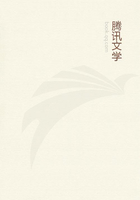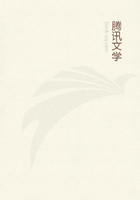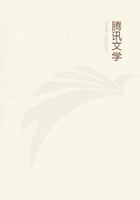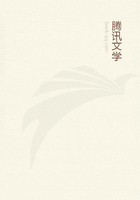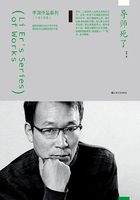The only point in this argument that may appear open to suspicion is that this rational belief presupposes the existence of moral sentiments.If we give up this assumption, and take a man who is entirely indifferent with regard to moral laws, the question which reason proposes, becomes then merely a problem for speculation and may, indeed, be supported by strong grounds from analogy, but not by such as will compel the most obstinate scepticism to give way.* But in these questions no man is free from all interest.For though the want of good sentiments may place him beyond the influence of moral interests, still even in this case enough may be left to make him fear the existence of God and a future life.For he cannot pretend to any certainty of the non-existence of God and of a future life, unless-since it could only be proved by mere reason, and therefore apodeictically- he is prepared to establish the impossibility of both, which certainly no reasonable man would undertake to do.This would be a negative belief, which could not, indeed, produce morality and good sentiments, but still could produce an analogon of these, by operating as a powerful restraint on the outbreak of evil dispositions.
*The human mind (as, I believe, every rational being must of necessity do) takes a natural interest in morality, although this interest is not undivided, and may not be practically in preponderance.If you strengthen and increase it, you will find the reason become docile, more enlightened, and more capable of uniting the speculative interest with the practical.But if you do not take care at the outset, or at least midway, to make men good, you will never force them into an honest belief.
But, it will be said, is this all that pure reason can effect, in opening up prospects beyond the limits of experience? Nothing more than two articles of belief? Common sense could have done as much as this, without taking the philosophers to counsel in the matter!
I shall not here eulogize philosophy for the benefits which the laborious efforts of its criticism have conferred on human reason-even granting that its merit should turn out in the end to be only negative- for on this point something more will be said in the next section.But, I ask, do you require that that knowledge which concerns all men, should transcend the common understanding, and should only be revealed to you by philosophers? The very circumstance which has called forth your censure, is the best confirmation of the correctness of our previous assertions, since it discloses, what could not have been foreseen, that Nature is not chargeable with any partial distribution of her gifts in those matters which concern all men without distinction and that, in respect to the essential ends of human nature, we cannot advance further with the help of the highest philosophy, than under the guidance which nature has vouchsafed to the meanest understanding.
CHAPTER III.The Architectonic of Pure Reason.
By the term architectonic I mean the art of constructing a system.
Without systematic unity, our knowledge cannot become science; it will be an aggregate, and not a system.Thus architectonic is the doctrine of the scientific in cognition, and therefore necessarily forms part of our methodology.
Reason cannot permit our knowledge to remain in an unconnected and rhapsodistic state, but requires that the sum of our cognitions should constitute a system.It is thus alone that they can advance the ends of reason.By a system I mean the unity of various cognitions under one idea.This idea is the conception- given by reason- of the form of a whole, in so far as the conception determines a priori not only the limits of its content, but the place which each of its parts is to occupy.The scientific idea contains, therefore, the end and the form of the whole which is in accordance with that end.The unity of the end, to which all the parts of the system relate, and through which all have a relation to each other, communicates unity to the whole system, so that the absence of any part can be immediately detected from our knowledge of the rest; and it determines a priori the limits of the system, thus excluding all contingent or arbitrary additions.The whole is thus an organism (articulatio), and not an aggregate (coacervatio); it may grow from within (per intussusceptionem), but it cannot increase by external additions (per appositionem).It is, thus, like an animal body, the growth of which does not add any limb, but, without changing their proportions, makes each in its sphere stronger and more active.

